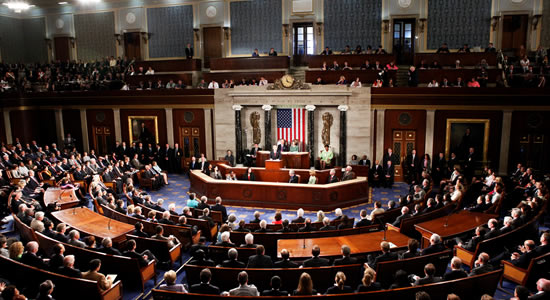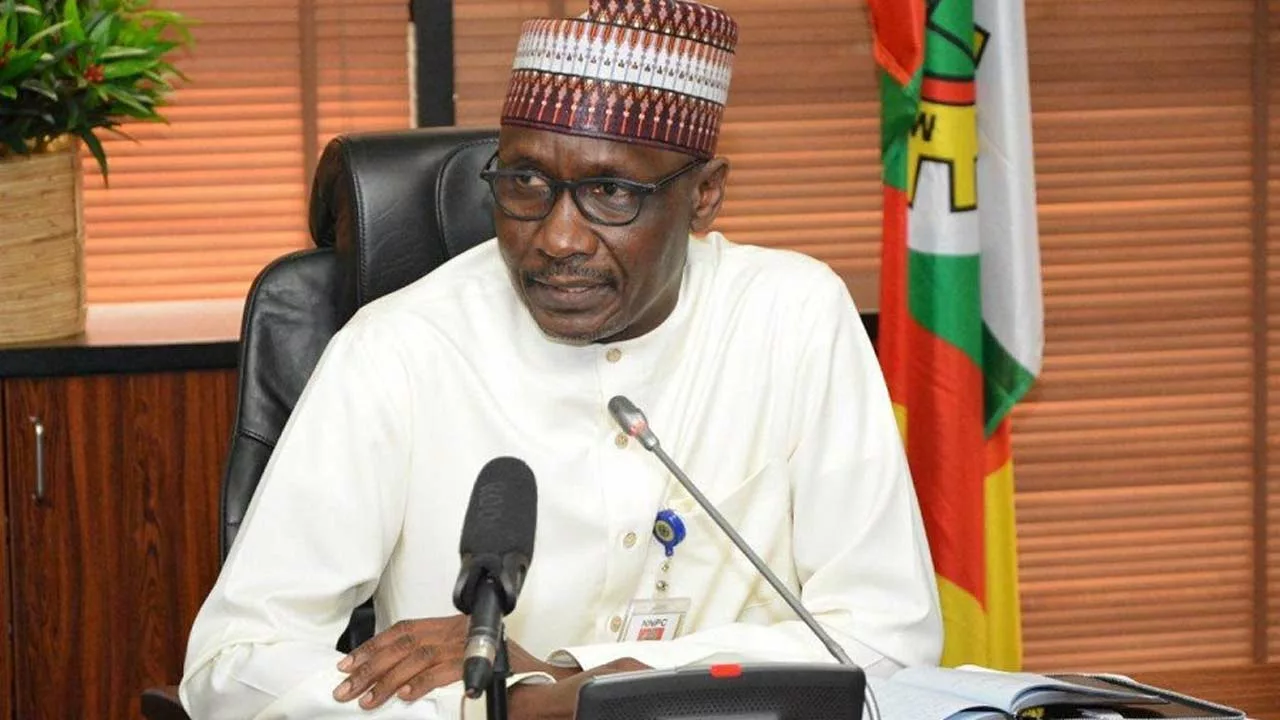The US Senate is due back in session to try to end a budget impasse before the start of the working week when the shutdown of many federal services will be felt around the country.
Hundreds of thousands of federal staff face the prospect of unpaid leave.
On Saturday, recriminations flew around over the Senate's failure to pass a new budget and prevent the shutdown.
A bill to fund the federal government for the coming weeks did not receive the required 60 votes by Friday.
The Republican leader of the US Senate, Mitch McConnell, has said there will be a vote at 01:00 in the early hours of Monday (07:00 GMT+1) on a bill to fund the government until February 8.
The last government shutdown was in 2013, and lasted for 16 days.
This is the first time a government shutdown has happened while one party, the Republicans, controls both Congress and the White House.
The vote on Friday was 50-49, falling far short of the 60 needed to advance the bill. With a 51-seat majority in the Senate, the Republicans do not have enough votes to pass the bill without some support from the Democrats.
They want funding for border security - including the border wall - and immigration reforms, as well as increased military spending.
The Democrats have demanded protection from deportation of more than 700,000 undocumented immigrants who entered the US as children.
The Republicans added a sweetener in the form of a six-year extension to a health insurance programme for children in lower-income families. But Democrats want this programme extended permanently.
Mr Trump accused the Democrats of being "far more concerned with illegal immigrants than they are with our great military or safety at our dangerous southern border".
But the leading Senate Democrat, Chuck Schumer, blamed the president, saying Mr Trump was under pressure from "hard-right forces within the administration".
White House spokeswoman Sarah Sanders warned: "The president will not negotiate on immigration reform until Democrats stop playing games and reopen the government."
The US budget must be approved by 1 October - the start of the federal financial year.
But Congress has often failed to meet this deadline and negotiations continue well into the new year, with the previous year's funding to federal agencies extended on a temporary basis.
Because Congress failed to agree an extension that would have maintained government funding through to 16 February, it means many federal agencies effectively closed for business as of 00:01 on Saturday (06:01 GMT+1).
Most staff in the departments of housing, environment, education and commerce will be staying at home on Monday. Half of workers in the treasury, health, defence and transportation departments will also not be going to work.
Visa and passport processing could also be delayed, and some national monuments, including New York's Statue of Liberty, have already been closed.
But essential services that protect "life or human property" will continue, including national security, postal services, air traffic control, inpatient medical services, emergency outpatient medicine, disaster assistance, prisons, taxation and electricity generation.
And the Trump administration said it planned to keep national parks open - their closure in the 2013 shutdown provoked an angry public reaction.
The shutdown began on the first anniversary of President Trump's inauguration. His trip to the World Economic Forum in Davos, Switzerland, next week has also been called into question.
BBC




















